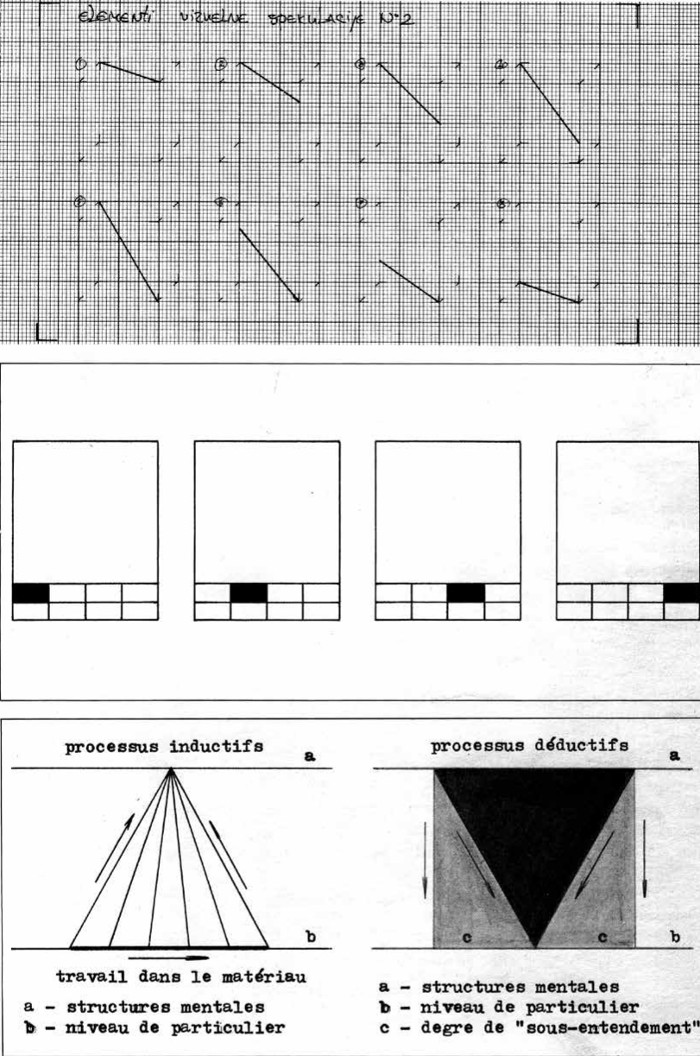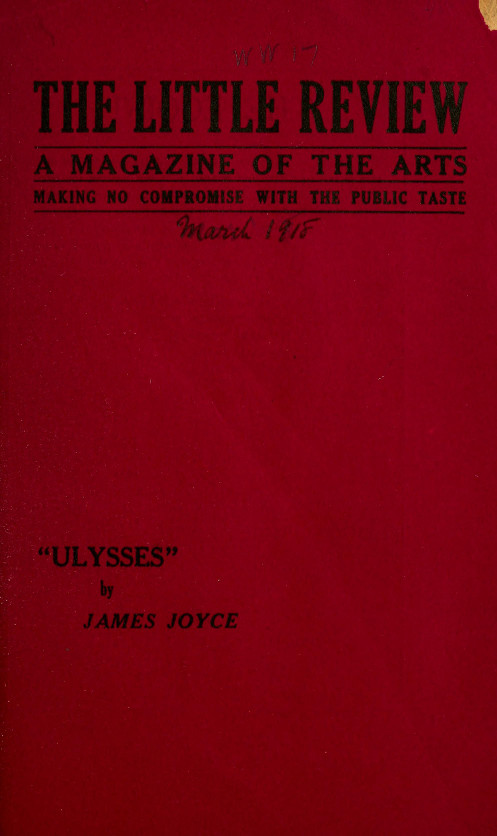Albert Camus: Lyrical and Critical Essays (1967/1970)
Filed under book | Tags: · literary criticism, literature

This book presents Camus’ three little volumes of essays, plus a selection of his critical comments on literature and on his own place in it.
First published by Hamish Hamilton, 1967, in a translation by Philip Tody, under the title Lyrical and Critical
Edited and with Notes by Philip Thody
Translated from the French by Ellen Conroy Kennedy
Publisher Vintage Books, 1970
eISBN 9780307827784
Review (J.W. Burrow, The Saturday Review)
Comment (0)Dietmar Unterkofler: Grupa 143: Critical Thinking at the Borders of Conceptual Art, 1975–1980 (2012) [Serbian/English]
Filed under book | Tags: · 1970s, art, art history, conceptual art, film, performance art, photography, serbia, yugoslavia

The late-conceptualist art collective Group 143 was founded in March 1975 by Biljana Tomić in Belgrade as an open educational and theoretical platform at the Student Cultural Centre. Besides Tomić, the other key figures in the group were Miško Šuvaković, Jovan Čekić, Paja Stanković, Neša Paripović, and Maja Savić. The group worked together for five years, producing a broad range of artistic work in the media of photography, film, the artist’s book, diagrams and charts, public lectures, and performance art. Their research was focused primarily on epistemological and theoretical questions about the “art world” in general and the critical potential of intellectualized art-thinking within the conditions of late socialism in Yugoslavia.
The theoretical foundation of their art was shaped by structuralist and post-structuralist French theory, language philosophy, post-constructivism, and British and American conceptual art. Their last public presentation of their work came in August 1980, when Group 143 had a solo exhibition at Galerija Loža in Koper. (Source)
Grupa 143: kritičko mišljenje na granicama konceptualne umetnosti 1975-1980
Publisher Glasnik, Belgrade, 2012
ISBN 9788651915539
393 pages
James Joyce: Ulysses (1918–) [EN, PL, RO, RU, DE, CZ, ES, PT, AR]
Filed under fiction | Tags:

Ulysses was first serialised in parts in the American journal The Little Review from March 1918 to December 1920, and then published in its entirety by Sylvia Beach in February 1922, in Paris. One of the most important works of Modernist literature, it has been called “a demonstration and summation of the entire movement” (Beebe). “Before Joyce, no writer of fiction had so foregrounded the process of thinking” (Kiberd).
Ulysses chronicles the passage of Leopold Bloom through Dublin during an ordinary day, 16 June 1904 (the day of Joyce’s first date with his future wife, Nora Barnacle). The title alludes to Odysseus (Latinised into Ulysses), the hero of Homer’s Odyssey, and establishes a series of parallels between characters and events in Homer’s poem and Joyce’s novel.
Ulysses is approximately 265,000 words in length and uses a lexicon of 30,030 words (including proper names, plurals and various verb tenses), divided into eighteen episodes. Since publication, the book attracted controversy and scrutiny, ranging from early obscenity trials to protracted textual “Joyce Wars.” Ulysses‘ stream-of-consciousness technique, careful structuring, and experimental prose—full of puns, parodies, and allusions, as well as its rich characterisations and broad humour, made the book a highly regarded novel in the Modernist pantheon. In 1998, the Modern Library ranked Ulysses first on its list of the 100 best English-language novels of the 20th century. Joyce fans worldwide now celebrate 16 June as Bloomsday.
In 1919, sections of the novel appeared in the London literary journal, The Egoist, but the novel itself was banned in the United Kingdom until the 1930s. In 1920 after the US magazine The Little Review serialised a passage of the book dealing with the main character masturbating, a group called the New York Society for the Suppression of Vice, who objected to the book’s content, took action to attempt to keep the book out of the United States. At a trial in 1921 the magazine was declared obscene and, as a result, Ulysses was banned in the United States. In 1933, the publisher Random House arranged to import the French edition and have a copy seized by customs when the ship was unloaded, which it then contested. In United States v. One Book Called Ulysses, U.S. District Judge John M. Woolsey ruled on December 6, 1933 that the book was not pornographic and therefore could not be obscene, a decision that was called “epoch-making” by Stuart Gilbert. The Second Circuit Court of Appeals affirmed the ruling in 1934. Contrary to popular belief, Ulysses was never banned in Ireland. (from Wikipedia)
Review (Joseph Collins, New York Times, 1922)
Ulysses read by Donal Donnelly and Miriam Healy-Louie, 27 hours (on UbuWeb)
Film adaptation, dir. Joseph Strick, 1967, 2 hours (on YouTube), commentary (Colm McAuliffe, The Quietus)
Correspondence between three Slavic translators of Ulysses: Maciej Slomczynski, Aloys Skoumal, and Viktor Khinkis
Ulysses (English, as published in The Little Review, 1918-20, compiled by Monoskop from scans from the Internet Archive, 2013, 101 MB)
Ulysses (English, Shakespeare & Co., Paris, 1922, added on 2014-3-7)
Ulysses (English, “pirated” edition, Two Worlds Monthly magazine, New York, 1926, added on 2014-3-7)
Ulysses (English, with an Introduction by Declan Kiberd, Penguin Classics, 1960/2000, PDF), EPUB
Ulisses (Polish, trans. Maciej Słomczyński, 1969, unpaginated)
Ulysses: A Critical and Synoptic Edition (Vol. 1), Vol. 2, Vol. 3 (English, prepared by Hans Walter Gabler with Wolfhard Steppe and Claus Melchior, Garland Publishing, 1984, DJVU)
Ulise (Romanian, trans. Mircea Ivănescu, 1984, unpaginated)
Улисс (Russian, trans. Виктор Хинкис and Сергей Хоружий, 1989, unpaginated)
Ulysses (German, trans. Hans Wollschläger, 1975/1996, unpaginated)
Odysseus (Czech, trans. Aloys Skoumal, 1976, unpaginated)
Ulises (Spanish, trans. Jose María Valverde, 1978/2010, EPUB)
Ulysses (Portuguese, trans. Caetano W Galindo, 1990/2009, unpaginated)
عوليس (Arabic, 1994, trans. طه محمود طه)

